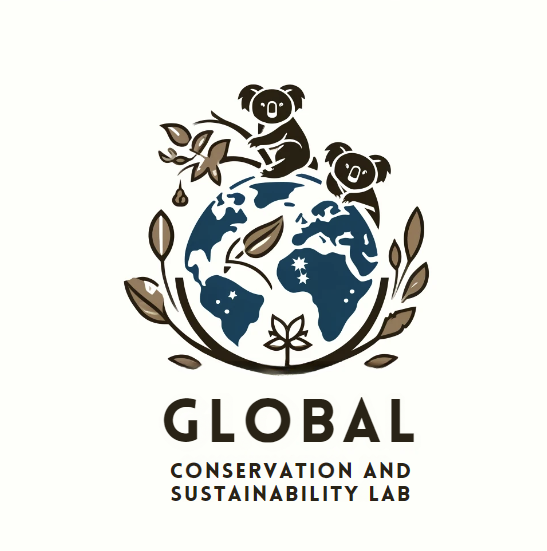How to translate nature-positive commitments into effective conservation policies was outlined by Hannah Thomas and co-authors from the Global Conservation and Sustainability Lab: Yi Fei Chung, Jonathan Rhodes, and Brooke Williams in the Science Policy Forum titled “Achieving ‘Nature Positive’ Requires Net Gain Legislation”. Here’s a summary of the 4 key steps proposed:
- Legislate absolute net gain rather than relative net gain – Improvement of biodiversity over time must be measured relative to a fixed baseline, rather than a declining baseline. Speeding at 120km/h on 60km/h road, slowing to 110km/h is still speeding. It needs to drop below 60.
- Fully Compensate Biodiversity Losses from Development – Any biodiversity loss from development should be fully compensated. Impacts on species and ecosystems that are irreplaceable must not be permitted. We cannot afford to accumulate new losses beyond what we’ve already lost.
- Securing Net Gains Beyond Development Impacts – Beyond compensation for development impacts, additional conservation actions are required. To do this, we need significantly more funding and resources for habitat restoration, weed and disease management etc.
- Effective implementation through transparent enforcement and monitoring mechanisms – Even the best policy principles will fail if there is no compliance and matters are subject to discretional bias. Effective monitoring should explain why, where, and how loss and gain happened.
The Science paper can be found here, along with articles in the Conversation here, in the Biodiversity Council here and in the COSMOS magazine here.
Also, for insights into Australia’s Nature Positive Plan and updates from the Global Nature Positive Summit from a slightly political perspective, the recent Guardian Australia podcast provides a good brief overview. It’s available on the Guardian website, Spotify, and Apple Podcasts.

